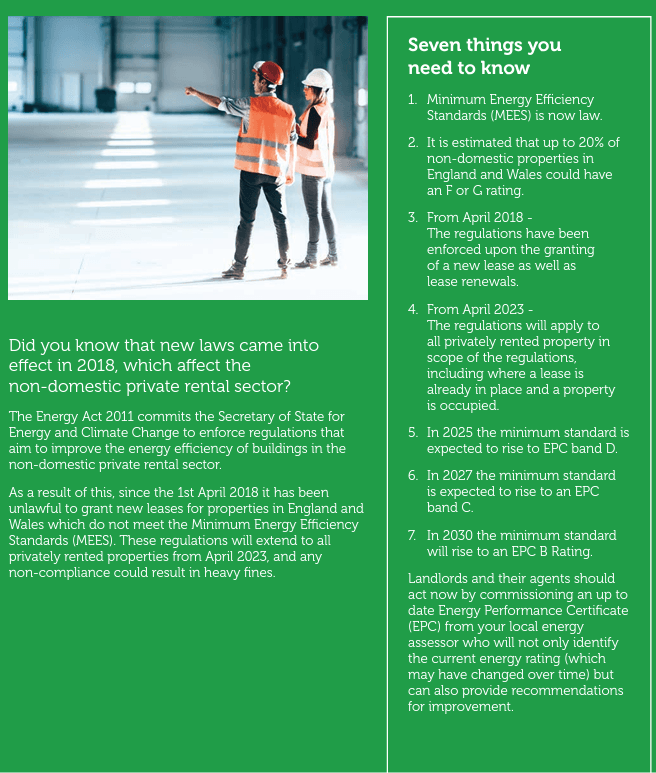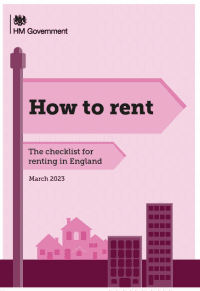
01 April 2023 – All Commercial Let Properties Must Have EPC E or Above
THIS INFORMATION IS FOR THE NON-DOMESTIC PRIVATE RENTED SECTOR – COMMERCIAL LETS From 01 April 2018 – EPC rating E or above required on new

THIS INFORMATION IS FOR THE NON-DOMESTIC PRIVATE RENTED SECTOR – COMMERCIAL LETS From 01 April 2018 – EPC rating E or above required on new

THIS INFORMATION IS FOR THE NON-DOMESTIC PRIVATE RENTED SECTOR – COMMERCIAL LETS From 01 April 2018 – EPC rating E or above required on new

An updated ‘How to Rent Guide – The Checklist for Renting in England’ has been published by the government. https://www.gov.uk/government/publications/how-to-rent Landlords or letting agents should

An updated ‘How to Rent Guide – The Checklist for Renting in England’ has been published by the government. https://www.gov.uk/government/publications/how-to-rent Landlords or letting agents should

Landlord Accreditation Training Course – ONLINE Thursday 19th October 2023 – 9:00 – 4:30pm Venue – Online Price – £65 for members of SWLA, £75

Landlord Accreditation Training Course – ONLINE Thursday 19th October 2023 – 9:00 – 4:30pm Venue – Online Price – £65 for members of SWLA, £75

Welcome back to the first face to face course in 3 years. Landlord Accreditation Training Course Tuesday 20th June 2023 – 9:30 – 4:30pm Venue

Welcome back to the first face to face course in 3 years. Landlord Accreditation Training Course Tuesday 20th June 2023 – 9:30 – 4:30pm Venue

Feeding the Unfortunate, Lost, Lonely, Hungry, Rough sleepers and Homeless – a local charity who gather people together over food, supporting local people who may

Feeding the Unfortunate, Lost, Lonely, Hungry, Rough sleepers and Homeless – a local charity who gather people together over food, supporting local people who may

Wednesday 19th April 2023 Future Inn Hotel, William Prance Road, Plymouth PL6 5ZD 7.15pm for a 7.30pm start Speakers will include:- Ian Pring & Sean

Wednesday 19th April 2023 Future Inn Hotel, William Prance Road, Plymouth PL6 5ZD 7.15pm for a 7.30pm start Speakers will include:- Ian Pring & Sean
